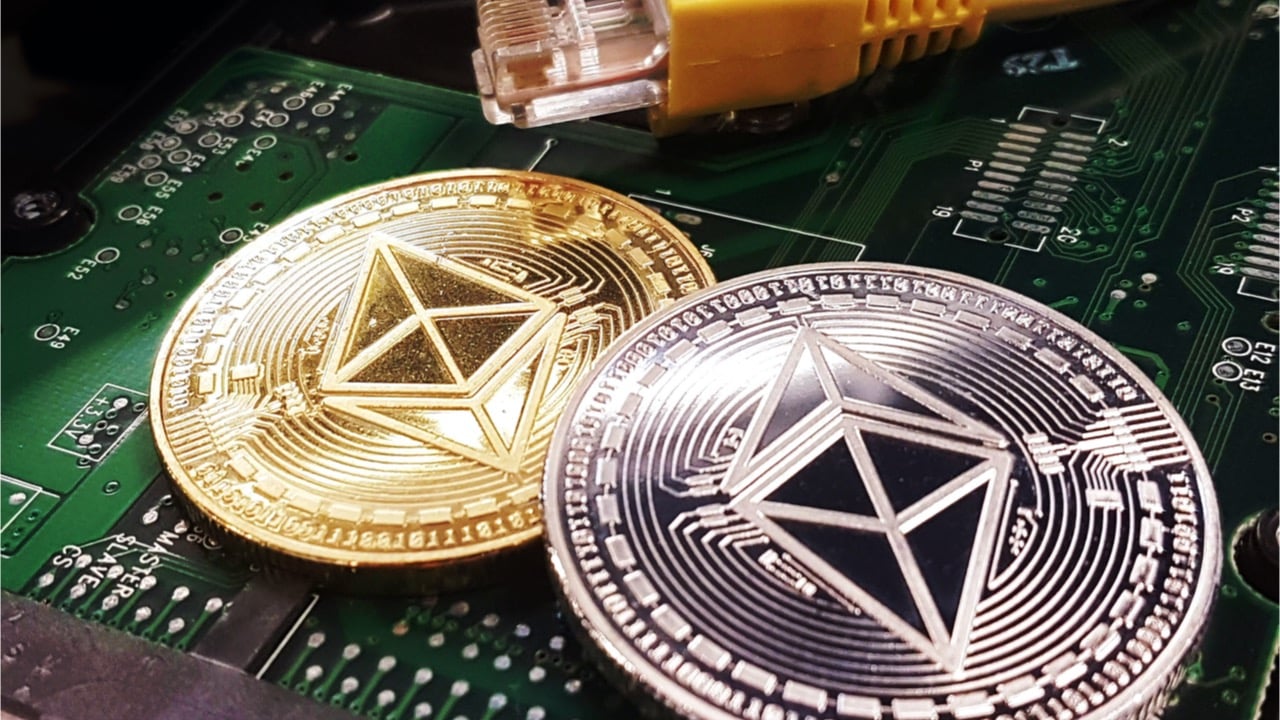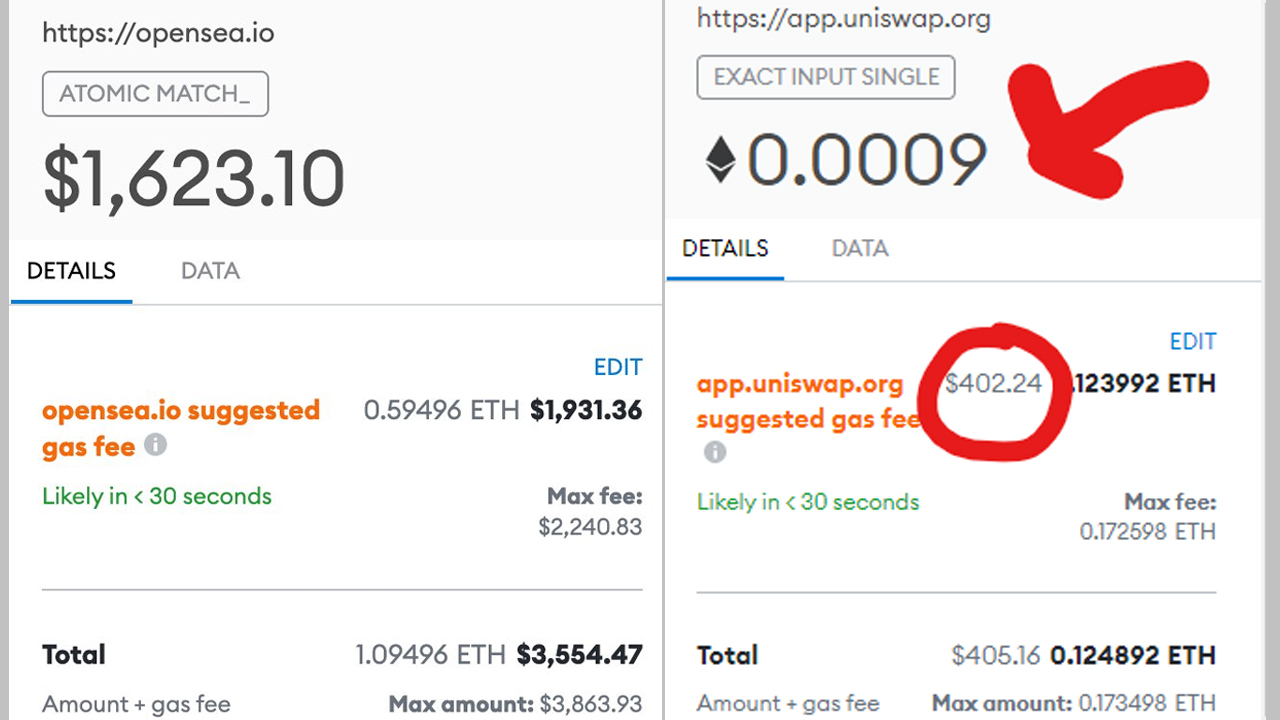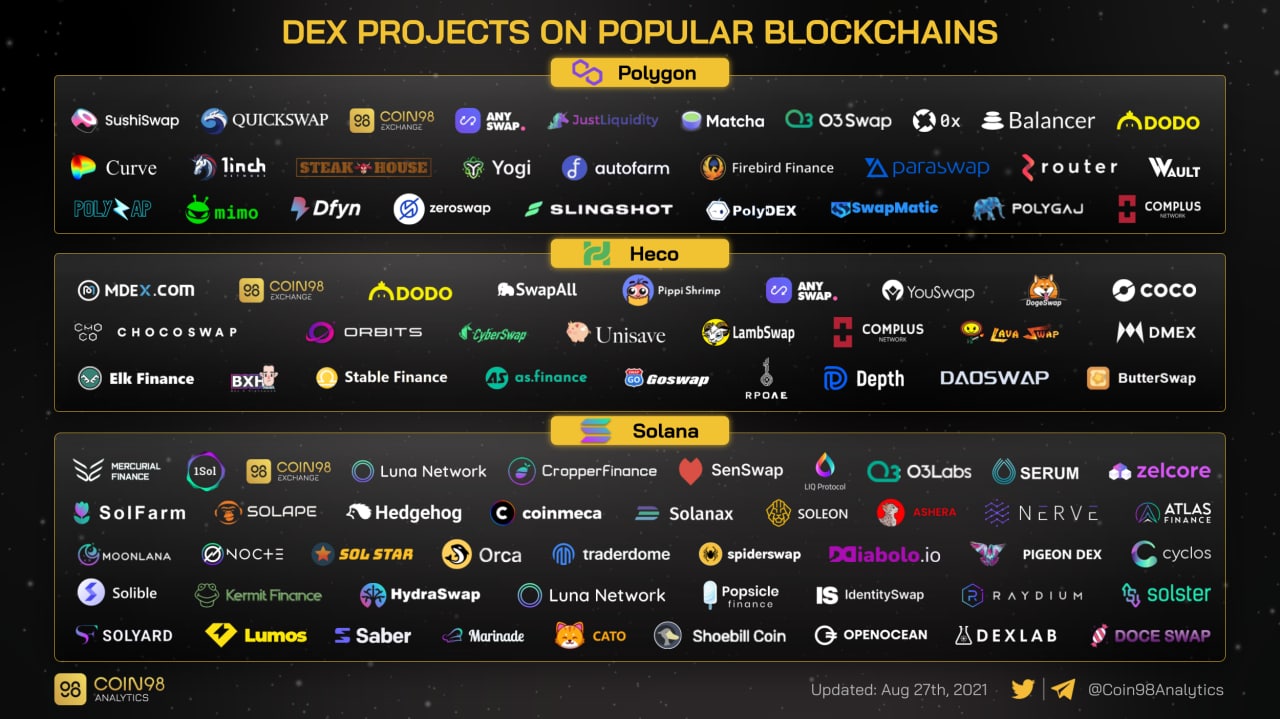
Following the bug and the split that occurred after a great number of Geth nodes did not upgrade, Ethereum fees have risen dramatically since August 21, jumping from $11 per transaction to today’s 0.0088 ether per transaction ($27.98).
Ethereum Transaction Fees Skyrocket
Ethereum is the second-largest crypto asset in terms of crypto market capitalization with a $375 billion market cap or 17.4% of the crypto economy’s $2.16 trillion. ETH is up 34.3% during the last month, but has lost 2.1% during the last two weeks. On August 27, Bitcoin.com News reported on Ethereum having issues upgrading and the problems led to a chain split. As that news has settled, discussion of rising Ethereum gas fees have replaced the conversation.

Ether fees have jumped dramatically since August 21, spiking 154.36% to today’s average transaction cost of $27.98 per transaction. The cost to interact with smart contracts and Web3 platforms is even worse, as people have reported on Uniswap or decentralized exchange (dex) fees being upwards of $300 to even over $1K per interaction. Non-fungible token (NFT) marketplace fees for places like Opensea have significantly higher ether gas fees than usual as well.

Ethereum 2.0 Hopes, ‘Ethereum Killers,’ Gas Reducers, and Compatible Chains
The hope is that Ethereum 2.0 will fix the issues with transaction fees and stabilize the fees to be more uniform. However, while Ethereum developers prepare for the switch, Ethereum competitors otherwise known as ‘ETH-Killers’ are steadily catching up to the second-largest crypto asset.
Ethereum is facing rising competition from blockchains like Binance Smart Chain, Cardano, Solana, Polkadot, Terra, Avalanche, Tron, Cosmos, and EOS. All of which aim and promise to provide much lower transaction fees in order to send funds or interact with decentralized finance (defi) applications.
Although the Ethereum 2.0 upgrade is something these networks may want to fear as many Ethereum proponents believe it will solve the fee issues. Two specific projects that aim to squash ether gas fees include Optimism and Arbitrum. These two projects leverage what’s called “optimistic rollups” and the Ethereum community is hopeful they will make progress toward relieving ether gas costs. Additionally, there are other projects that aim to crush ether gas costs with projects like fuel.sh, the aztec.network, starkware.co, loopring.org, zksync.io, and hermez.io.

Furthermore, already people are using projects like Polygon (MATIC) and Hecofi to utilize Ethereum in a cheaper fashion as well. The Ethereum community understands that the full ETH 2.0 release will not be 100% until at least some point in 2022. Until then so-called ‘ETH Killers’ and alternative gas solutions will likely continue to increase in demand. $27.98 or 0.0088 ether per transaction is not very enticing to people who want to transact with ether, buy and sell NFTs, and interact with Web3 and defi platforms.
What do you think about Ethereum’s rising fees jumping 154% in one week? Let us know what you think about this subject in the comments section below.
from Bitcoin News https://ift.tt/3zrg9Ef
Comments
Post a Comment